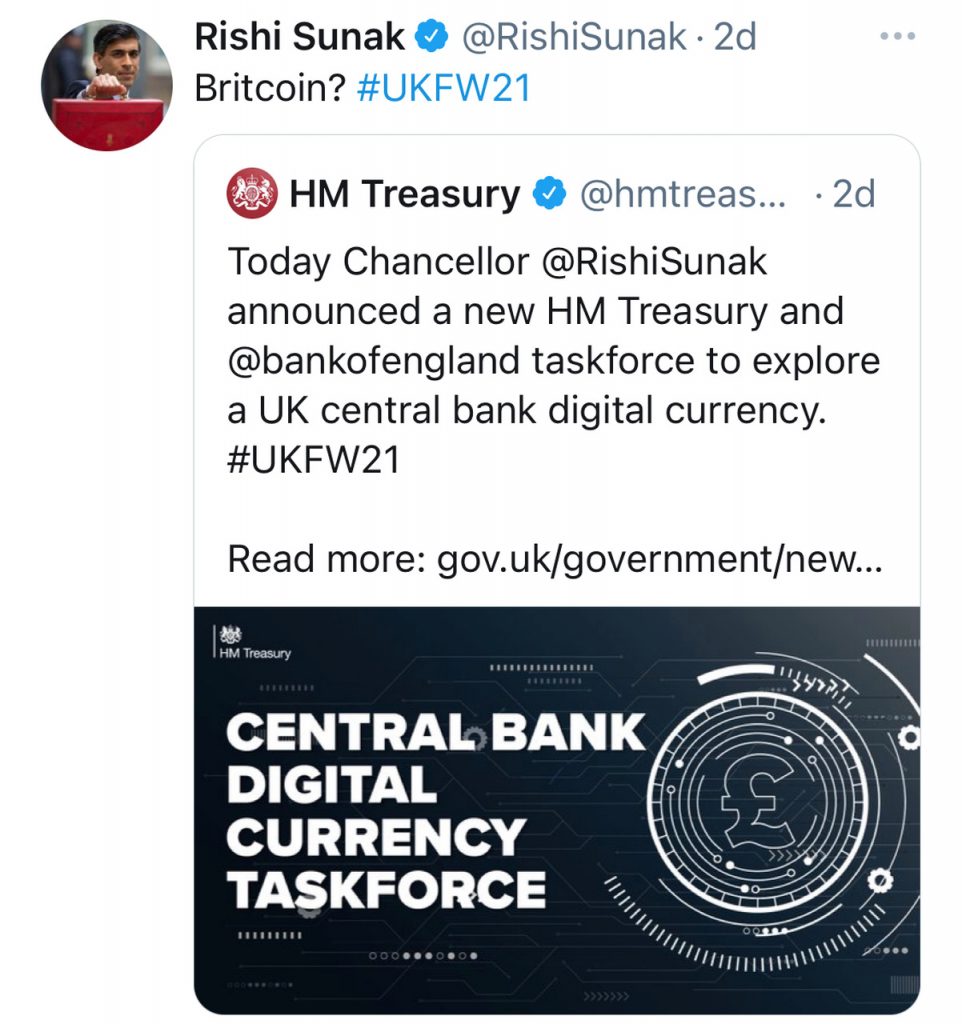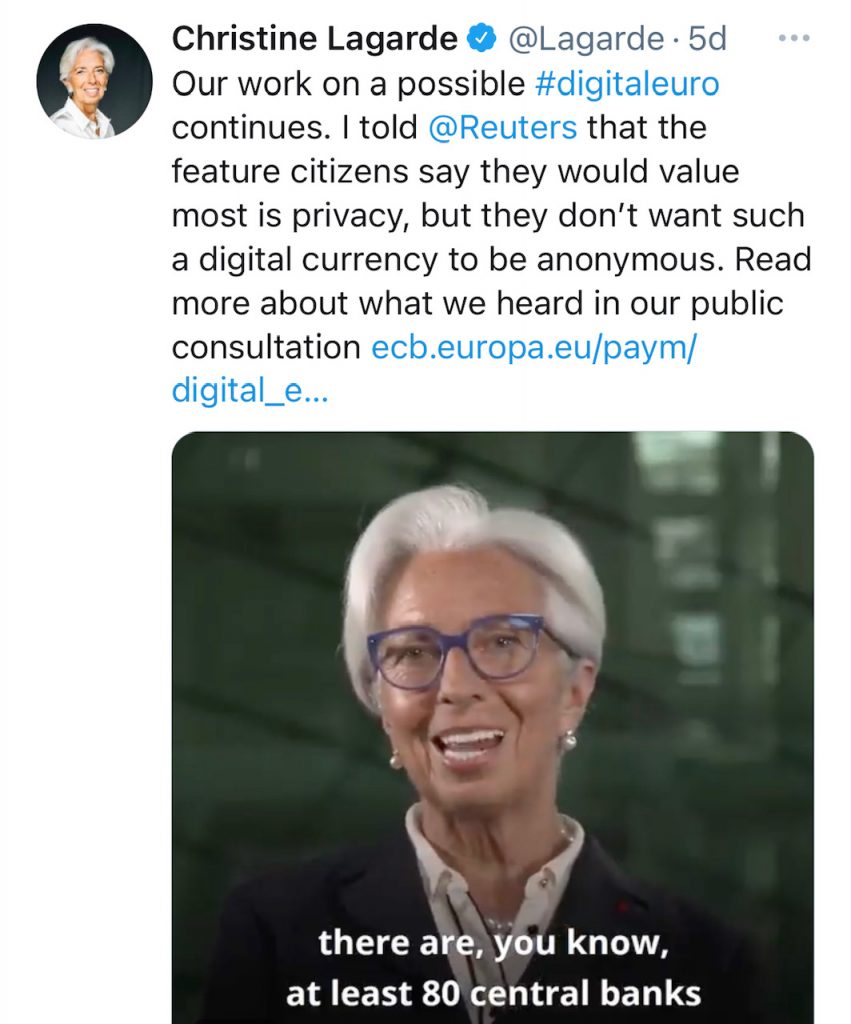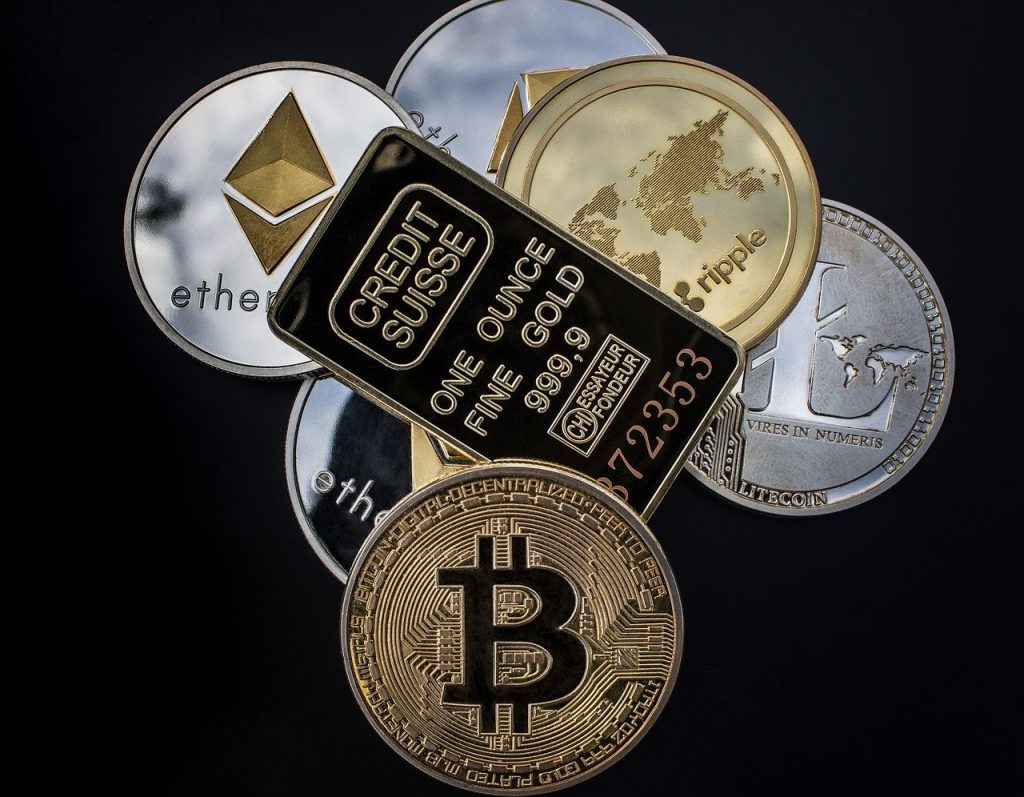More evidence has emerged that the UK is working on an ‘e-pound’, which is Central Bank Digital Currency issued by the Bank of England.
Table of Contents
Bank of England and the treasury will jointly work on a new Central Bank Digital Currency.
The UK Government will set up a new ‘taskforce’ to explore in more detail the introduction of a UK digital currency nicknamed the ‘e-pound’ in a series of reforms to benefit the finance sector.
The BOE and the treasury will jointly work on the objectives of establishing a central bank digital currency exploring the potential risks and benefits.
This is now a major step forward down the path of the UK creating an ‘e-pound’, which would impact how society uses money and how the government and central bank can track data on the economy as well as transactions in real time.
In a recent statement from the BOE website they state:
“The Bank of England and HM Treasury have today announced the joint creation of a Central Bank Digital Currency (CBDC) Taskforce to coordinate the exploration of a potential UK CBDC. A CBDC would be a new form of digital money issued by the Bank of England and for use by households and businesses.”
The BOE also announced that it will establish a ‘CBDC Unit.’
“This new division of the Bank of England will lead its internal exploration around CBDC. It will also lead the Bank’s external engagement on CBDC, including with other UK and international authorities.”
So how will the ‘e-pound’ actually work?
CBDC, would be a new form of digital money issued by the Bank of England and for use by households and businesses.
It would initially exist alongside cash and bank deposits and would be pegged to the price of sterling.
It would most likely be similar to digital currencies like USD Coin which is tied to the US dollar.
The ‘e-pound’ would be centralised and heavily regulated, unlike other cryptocurrencies such as Bitcoin which are decentralised.
However, if every UK citizen has a CBDC wallet downloaded on their phone as an app, then the BOE and government can see every single transaction, especially if there is no cash whatsoever.
Essentially, every transaction would have to go through the central bank and government.
This would give them an immense amount of power and control and could be seen as an attack on civil liberties.
Britcoin.
In a recent tweet from Chancellor of the Exchequer Rishi Sunak he simply tweeted ‘Britcoin?’.
Speaking at Fintech Week, Sunak confirms his goals towards providing, ‘regulatory support and reforms to help firms grow to a new taskforce to lead the UK’s work on a central bank digital currency.’

He adds:
“The UK is already known for being at the forefront of innovation, but we need to go further”
Is the UK already on the back foot with CBDC?
China is a world leader in the development of CBDC, with 200 million digital yuan already being circulated in pilot projects across the country.
According to the WSJ, more than 100,000 people in China have already downloaded a mobile-phone app from the central bank enabling them to spend small government handouts of digital cash in places such as Starbucks and McDonalds.
China has been developing its central bank digital currency for a while now, as screen shot pictures started emerging online in April 2020 of this new digital currency.
Read more about the digital yuan here.
Digital euro.
In a recent flurry of tweets from the European Central Bank, it is now obvious that work on a digital euro is gaining pace.
In a recent tweet from the president of the ECB Christine Lagarde confirmed that
“Our work on a digital euro continues”

She also reveals that, “there are at least 80 central banks around the world that are looking at digital currencies”.
“it could be used like banknotes, I don’t think it is like banknotes because it will not have the degree of anonymity that banknotes have”.
Cashless society.
Authorities have previously said that they are still committed to supplying cash to those who need it. Those people are largely made up of elderly and low-income citizens who may not have access to bank accounts.
However, many believe that CBDC is another nail in the coffin for cash and soon physical money will simply be abandoned.
We could see a few years of physical cash and CBDC being interchangeable, before cash could inevitably disappear or be phased out.
Many also consider CBDC as an attack on freedom and liberty, as you would no longer be able to make a transaction/payment anonymously.
All your transactions would be tracked. Having a central system knowing your whereabouts, spending habits and lifestyle choices tracked is a concern for many.
Of course, these bankers and institutions will talk about convenience for consumers, lower costs, law enforcement and clamping down on tax evaders and criminals, while at the same time not mentioning any of the consequences that go along with a fully digitalised monetary system.
Read more about our cashless society here.
The elephant in the room, cryptocurrencies and gold.
The fact is, the public now has alternatives to the UK e-pound and fiat currency that are outside of the central banking system, cryptocurrencies and gold.
In simple terms, the financial system is drowning in debt.
The U.S. national debt alone is now over $28 Trillion with a debt to GDP ratio of 130% (USdebtclock.org). The UK national debt is over £2 Trillion (NationalDebtClock.co.uk). Countries and markets across the globe are addicted to ever easier money via quantitative easing and zero/negative interest rates.
Rising inflation and continued ‘unlimited quantitative easing’ (aka printing money) is devaluing cash and essentially erode savings and purchasing power.
Because of this, many people are now looking for alternatives to cash, such as cryptocurrencies and gold.
Central banks have now been forced to compete with the rise of alternative currencies.

Why gold?
Gold has always been hailed as the ultimate safe-haven investment, acting as an insurance policy as such, with no counterparty risk.
Gold is a way of diversifying an investment portfolio, therefore, minimising risk.
Gold is benefiting from the fact that we are currently living in arguably increasingly troubled times. The more uncertainty, the more investors will turn to safe assets such as gold.
Not only can you physically see and touch gold, gold has been used as money and a store of value for thousands of years.
Gold will always retain its value and the price of gold will never go to zero.
Gold is also benefiting from the fact that the currencies around the globe are being devalued and gold is retaining its value. At the moment gold is simply doing the job it has always done through history, working as a reliable way to store your wealth.

Conclusion.
With the UK e-pound and CBDC merely being another unbacked form of fiat could citizens simply reject it?
If citizens come to realise that the central bank policymakers will constantly dilute the purchasing power of the currency, then citizens could be more persuaded to move to other means of payment such as cryptocurrencies, and look to store wealth elsewhere in assets such as gold.


